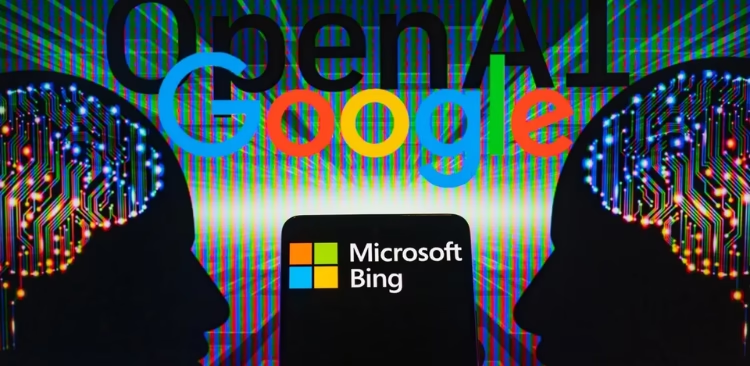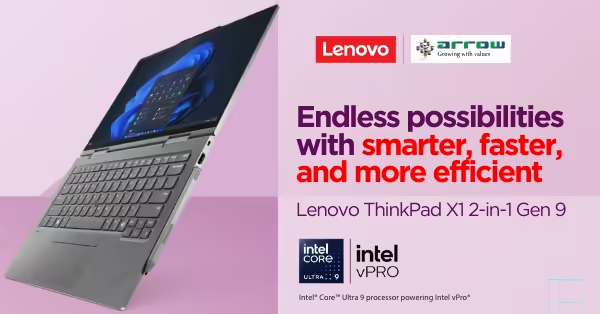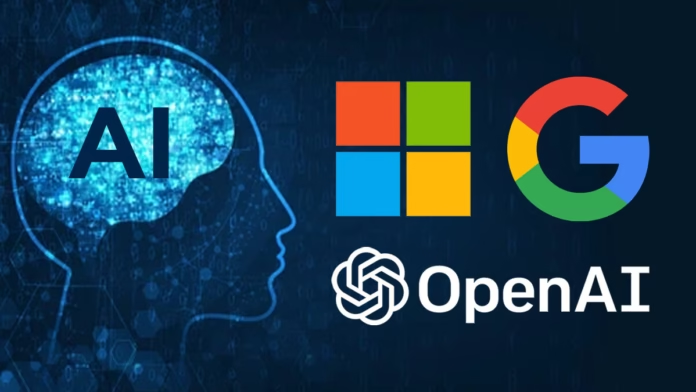OpenAI is shaking up the productivity software game—and it’s no longer just about chatbots. In a bold move that signals a shift in strategy, OpenAI is reportedly building new ChatGPT collaboration features that could directly challenge Google Docs and Microsoft Word for web. It’s not just about writing smarter; it’s about working smarter. And businesses are paying close attention.
At the intersection of cutting-edge AI and enterprise productivity, OpenAI’s ambitions could redraw the tech map—especially with players like Microsoft and Google already dominating the space. For businesses looking to evolve, especially in India and globally, companies like Arrow PC Network are closely watching how such tools can fit into IT services tailored for modern workflows.
From AI Assistant to Productivity Powerhouse
Sources close to OpenAI have revealed prototypes of ChatGPT features that go beyond simple prompts and answers. Imagine working on a document where you and your team can chat, edit, and collaborate in real-time—right inside ChatGPT. It’s a logical next step, especially after OpenAI’s steady gains in web search, eating into traffic traditionally ruled by Google Search.
These upcoming features aren’t just superficial tweaks. They hint at a larger ecosystem that could include file storage, project management, and more—building a direct bridge into what we now consider the territory of Google Workspace and Microsoft 365.
For IT solution providers like Arrow PC Network, this is a signal. Enterprises are no longer just choosing between legacy office suites. They’re evaluating how AI-first platforms—especially those backed by powerful partners like Microsoft—can offer seamless collaboration and automation.

A Tense Triangle: OpenAI, Google, and Microsoft
Here’s where it gets interesting. While OpenAI’s technology continues to evolve, its relationship with Microsoft—the tech giant behind Microsoft Copilot and a major investor in OpenAI—is showing signs of strain.
Microsoft has deeply integrated OpenAI’s models across its product stack, but now, as ChatGPT Enterprise gains traction, it’s starting to step on its partner’s toes. Tools like ChatGPT Team have become business favorites, and OpenAI is projecting a staggering $15 billion in enterprise revenue by 2030. That’s not a side hustle—it’s a direct business strategy.
Meanwhile, Google isn’t sitting idle. It’s already rolled out AI Mode in Search for India using Gemini 2.5, reinforcing its grip on everyday productivity while preparing for deeper integrations in Google Docs and more.
What’s in It for Businesses?
If OpenAI manages to roll out document collaboration, file sharing, and team communication within ChatGPT, it could deliver the kind of bundled experience businesses crave. Think Google Docs meets Slack meets ChatGPT.
And this matters—because companies today are seeking streamlined, AI-powered, all-in-one platforms that actually work. Arrow PC Network is already helping organizations transition to smarter digital workspaces, and tools like this could be the next evolution in AI-integrated IT services.
With ChatGPT Record Mode now rolling out to Pro, Enterprise, and Edu users, the infrastructure is already forming. Sure, some features are limited without native file storage, but the foundation is solid—and getting stronger.
A Glimpse at the Future
Nearly a year ago, OpenAI’s leadership quietly previewed a document collaboration feature, but it got shelved due to internal priorities. That project seems to be back on track—this time with new muscle and a clearer focus. And it doesn’t take a crystal ball to see where this could go.
If the plan takes off, we’re not just looking at a smarter ChatGPT—we’re looking at a future where AI becomes the core of the modern workspace. With OpenAI, Microsoft, Google, and key players like Arrow PC Network helping businesses integrate these capabilities, the question isn’t if this shift will happen—it’s how fast.
And when it does, it’s safe to say: typing up a document will never feel the same again.




